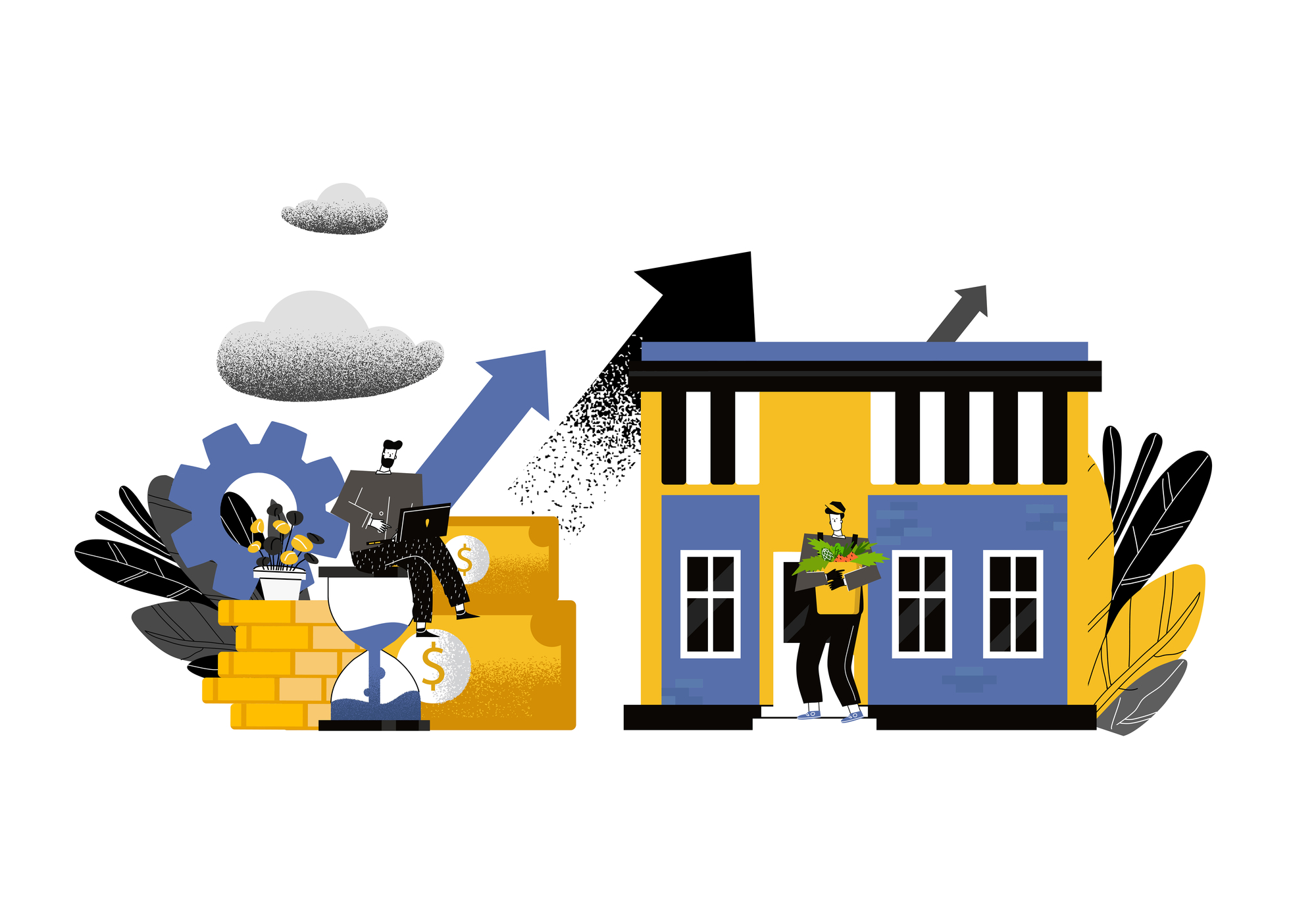Happy Halloween! On behalf of the entire Synergy Merchants team, we wish you all a…

A Further Look Into The Collateral Required To Secure A Business Loan
Are you looking to secure financing for your business? If so, you may have already attempted to get a loan from your bank and was asked to put some collateral on the line. In our last blog, we listed real estate, personal assets and inventory as three examples of collateral that lenders request of small business owners. In this blog, we’ll take a further look into the collateral often required to secure a business loan.
Accounts receivable.
How much money is still owed to your business? Do you have a bunch of unpaid invoices that indicate more revenue is on the way? Banks tend to value accounts receivable because they show that a business has a means to a strong cash flow. Of course, it’s important to be able to present invoices that have been sent to reputable clients. If your clients have demonstrated histories of late payments, your unpaid invoices won’t serve well as collateral.
“Using accounts receivable as collateral for financing is referred to as pledging of receivables or accounts receivable financing, or finally, accounts receivable factoring,” explains Resolve, “Financial institutions calculate the value of unpaid invoices and advance funds accordingly, resulting in lower interest rates for borrowers while reducing risk for lenders. It’s important to carefully consider the terms and conditions of any pledging agreement before signing up.”
Equipment.
Is your business in the manufacturing or agriculture industry? Companies that require heavy duty equipment and machinery to function are often asked to use those assets as forms of collateral. Although equipment tends to depreciate over time, banks still regard them as valuable. In the event a borrower defaults on a loan, the bank can sell the machinery. Factory machines, industrial printers and farming tools are examples of equipment that can be used for collateral.
“A brand-name used machine tool in good condition is an asset that holds its value over a long period of time and can be used as collateral,” explains Ken Hurwitz of Canadian Metalworking, “You only need to ensure that the asset’s title can be conveyed to your lender so it can use it as collateral. To use existing equipment as collateral, your bank must provide a waiver – a simple document that waives its interest in a specific piece of equipment so another lender can use it as collateral.”
Intellectual property.
Patents, trademarks and copyrights can often help technology-based companies and creative entities to secure loans. Intellectual property is considered valuable because it represents having a competitive edge in the marketplace. IP demonstrates the future earning potential of a business. For some banks, however, the valuation of intellectual property is difficult as it fluctuates based on industry demand and innovation.
“Intellectual property collateralization can provide more flexible lending terms than conventional collateral,” informs Avon River Ventures, “This can be especially advantageous for companies facing fluctuating revenues or uncertain market conditions.”
With Synergy Merchants’ unique merchant cash advance program, you don’t need any collateral in order for you to be approved! Our program enables you to get your hands on the extra working capital your business needs within 24 hours! To learn more, please don’t hesitate to call us at 1-877-718-2026 or email us at info@synergymerchants.com. You can also apply online for a free, no obligation quote!



